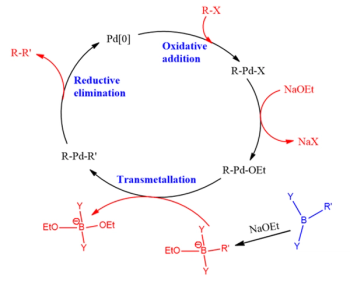
Important Information for Authors
Information For Authors
Dear Potential Author,
We are pleased you may be interested in submitting a manuscript for possible publication in LCGC North America.
LCGC’s mission over the past 38 years has been to provide peer-reviewed science, thought-leader contributed articles, and expert tutorials on analytical chemistry methods using liquid and gas chromatography, mass spectrometry, capillary electrophoresis, supercritical fluid chromatography, and related techniques. Academicians, laboratory scientists, technicians, and laboratory managers are provided current technical breakthroughs, best practices, and sage advice for improved proficiency and competitive advantage in the analytical laboratory.
By publishing in LCGC, you will increase the visibility of your work through our large and diverse scientific readership. With a print circulation of more than 50,000 readers and a broad web online audience through our open-access website, LCGC has a reach that is much larger, in many cases, than that of academic journals. LCGC is indexed in the Web of Science, Journal Citation Reports, Scopus, and EBSCOhost. Please see this link for more information: (
Manuscripts for LCGC should be approximately 3500–4500 words long, plus up to eight figures and tables combined, including an abstract of approximately 150–200 words. Final acceptance of submissions will be determined through external peer review. Of course, there is no charge for publication and we include color figures and tables. We also provide archived worldwide online access following publication.
Please note our
to formatting manuscripts for our publications as a convenience and for assisting you in formatting your final manuscript. Please carefully follow our formatting instructions. We look forward to your emailing your manuscript back to us when you are ready to submit it.
Kind regards,
LCGC North America editorial staff
Newsletter
Join the global community of analytical scientists who trust LCGC for insights on the latest techniques, trends, and expert solutions in chromatography.




